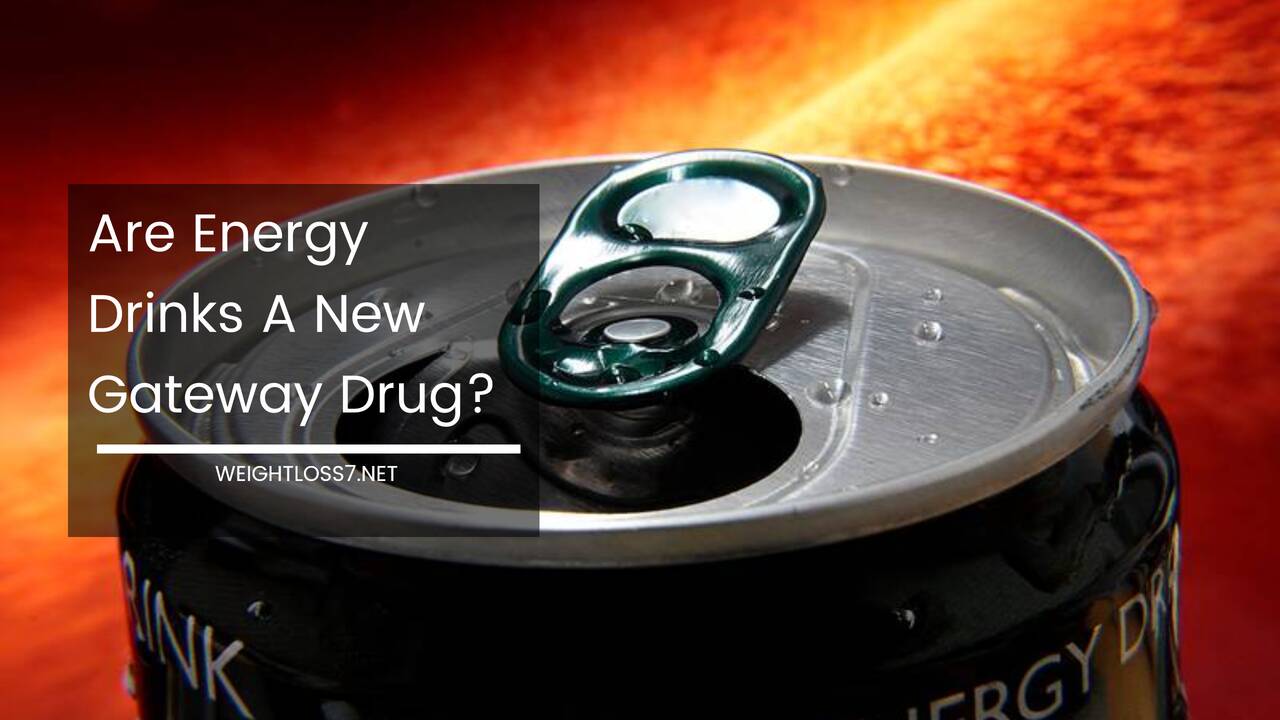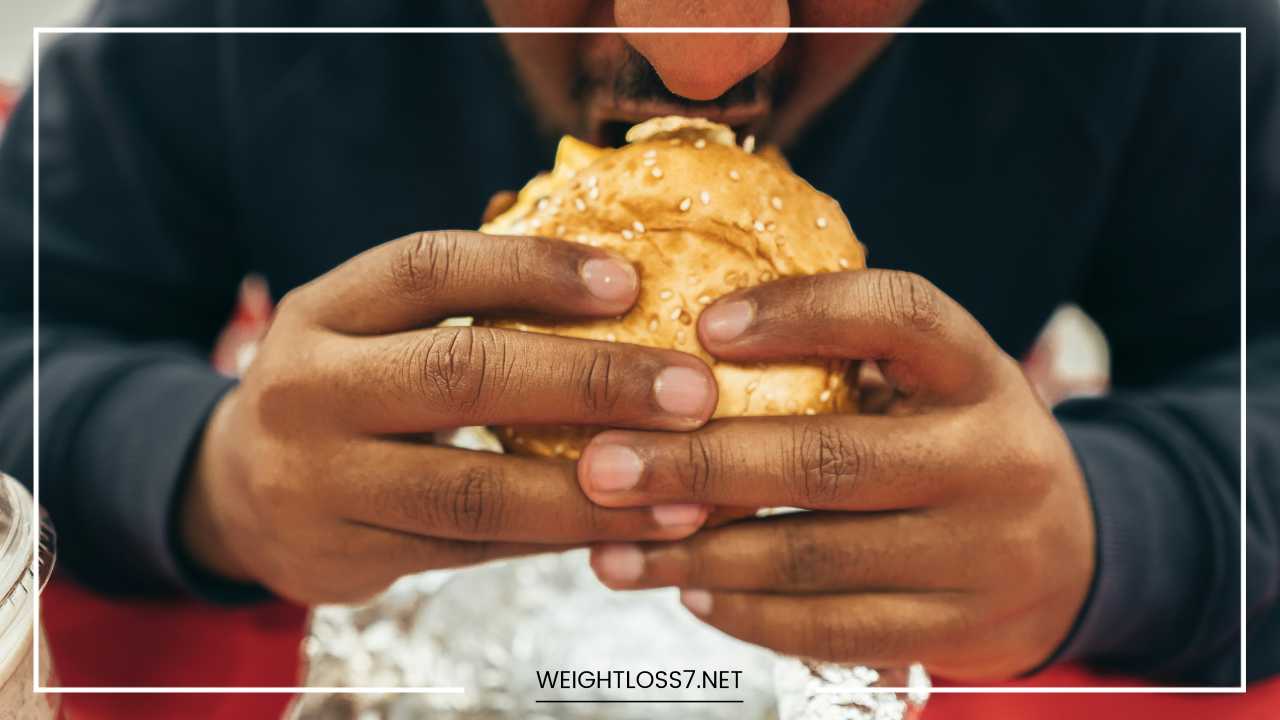Are Energy Drinks A New Gateway Drug?

Typically we hear the term “Gateway Drug” applied to marijuana, and even alcohol, to suggest that comfort with its use will lead to the use of more dangerous drugs like cocaine, ecstasy, or heroin.
Now, the term is being applied to energy drinks, indicating that Red Bull, Monster, and other highly caffeinated beverages are leading to further drug use.
The Danger Of Energy Drinks
The LA Times published an article on the subject following the actions of John Hopkins University professor, Dr. Roland Griffiths, who firmly believes energy drinks are taking young people down a dangerous path. Dr. Griffiths wrote a piece that outlines his viewpoints then he had 97 experts in the field of addiction treatment sign it before he sent it off to the Food and Drug Administration (the FDA) to request federal regulation on energy drinks.
Does Dr. Griffiths, and others who label energy drinks as a gateway drug, have a case?
Caffeine Is a Drug
Caffeine is most certainly a drug. The FDA recognize that caffeine changes the way the human brain works, therefore making it a mind-altering substance, just like alcohol, marijuana, cocaine, ecstasy, and heroin.
Caffeine also changes the way its consumers think and feel. The drug is categorized as a stimulant, along with cocaine, amphetamines, and methamphetamines, which come in the form of pharmaceutically manufactured substances like Adderall, Ritalin, and Dexedrine, or in the form of crystal meth and other “street drugs.”
If energy drinks contained Adderall, would the FDA already be regulating their production and sales?
Energy Drinks vs. Coffee
Millions of people consume caffeine every day, often in large doses. What makes energy drinks worse than having a cup or coffee?
According to www.CaffeineInformer.com:
A 12 ounce Starbucks brewed coffee contains 260 milligrams of caffeine
- 21.7mg of caffeine per fluid ounce
A 12-ounce McDonalds McCafe brewed coffee contains 109 milligrams of caffeine
- 9.1mg of caffeine per fluid ounce
An 8.6 ounce can of Red Bull contains 80 milligrams of caffeine
- 9.5mg per fluid ounce
A 16 ounce can of Monster contains 160 milligrams of caffeine
- 10mg per fluid ounce
While there are energy drinks that contain up to 475 milligrams of caffeine, the caffeine levels in most energy drinks are comparable to a cup of (non-Starbucks) coffee, but the rest of the ingredients are not. Coffee beans are a natural product with proven health benefits, while a can of Red Bull or Monster contains no true nutritional value.
Beyond Caffeine
Our culture’s desensitization to caffeine seems to make the next generation think that constant energy drink consumption is okay.
Feeling tired or lethargic? Need a little more energy to make it through the day? Just grab an energy drink the way your parents refill their coffee mug. Is this the message we want to be sending?
When caffeine is no longer enough of a buzz for a young person, the idea is that he or she will want to try drugs like cocaine or crystal meth to get the next level of energy rush.
Consuming caffeine, sugar, and many other man made chemicals with each can is training the brain and the body to crave these synthetic products that alter brain functioning.
What do you think? Are energy drinks giving the green light to more dangerous stimulant use?

















